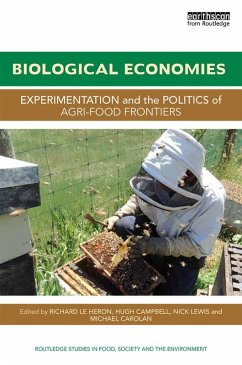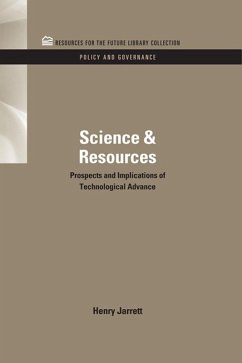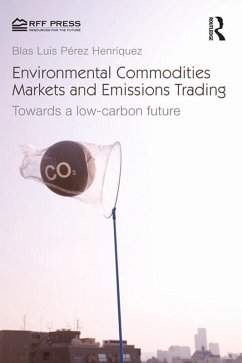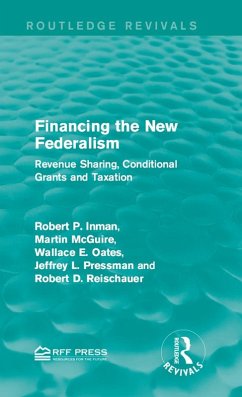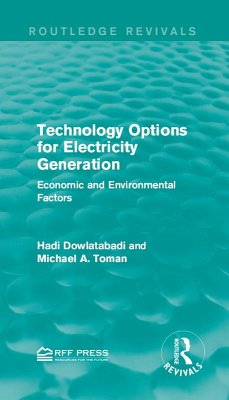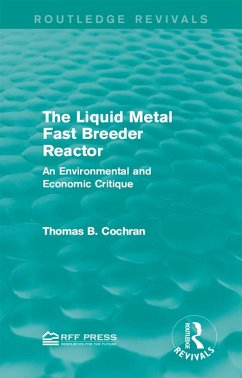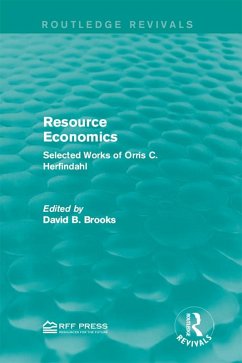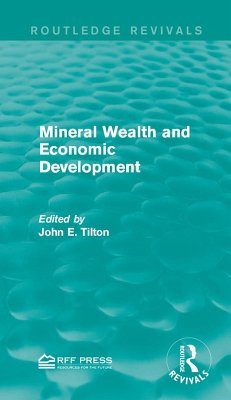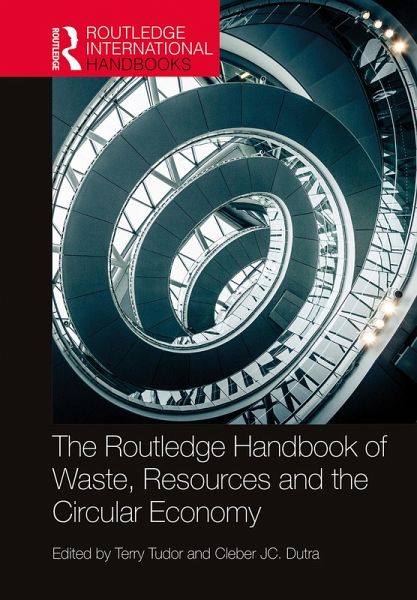
The Routledge Handbook of Waste, Resources and the Circular Economy (eBook, PDF)
Versandkostenfrei!
Sofort per Download lieferbar
43,95 €
inkl. MwSt.
Weitere Ausgaben:

PAYBACK Punkte
22 °P sammeln!
The Handbook introduces, contextualises, critiques, and discusses a range of perspectives associated with the concept of the circular economy. These perspectives span an array of subjects including economics, environmental policymaking, sociology, environmental science, environmental and industrial engineering, management, international development, and human geography.A fundamental underpinning of the Handbook is that it takes account of a wide range of sectors, as well as geographical perspectives that incorporate both a Global North and Global South world context. This approach is crucial b...
The Handbook introduces, contextualises, critiques, and discusses a range of perspectives associated with the concept of the circular economy. These perspectives span an array of subjects including economics, environmental policymaking, sociology, environmental science, environmental and industrial engineering, management, international development, and human geography.
A fundamental underpinning of the Handbook is that it takes account of a wide range of sectors, as well as geographical perspectives that incorporate both a Global North and Global South world context. This approach is crucial because it is only within such a holistic perspective that the circular economy concept can truly be examined. In addition, these issues are examined both from a theoretical as well as a practical perspective, using real-world case studies for illustration.
Given its wide subject, sectoral, and geographical areas of focus, the Handbook should be of value not only for those undertaking research in the field of circular economy, but also stakeholders involved in policymaking, as well as decision-making on the front line.
A fundamental underpinning of the Handbook is that it takes account of a wide range of sectors, as well as geographical perspectives that incorporate both a Global North and Global South world context. This approach is crucial because it is only within such a holistic perspective that the circular economy concept can truly be examined. In addition, these issues are examined both from a theoretical as well as a practical perspective, using real-world case studies for illustration.
Given its wide subject, sectoral, and geographical areas of focus, the Handbook should be of value not only for those undertaking research in the field of circular economy, but also stakeholders involved in policymaking, as well as decision-making on the front line.
Dieser Download kann aus rechtlichen Gründen nur mit Rechnungsadresse in A, B, BG, CY, CZ, D, DK, EW, E, FIN, F, GR, HR, H, IRL, I, LT, L, LR, M, NL, PL, P, R, S, SLO, SK ausgeliefert werden.





